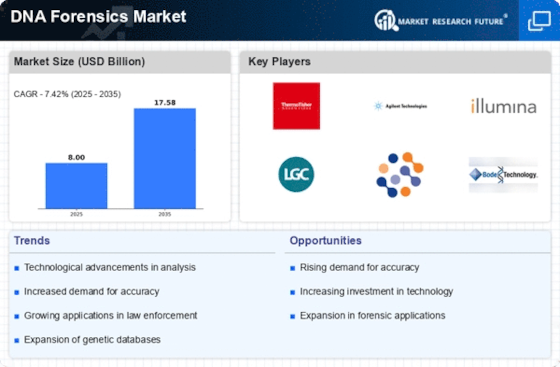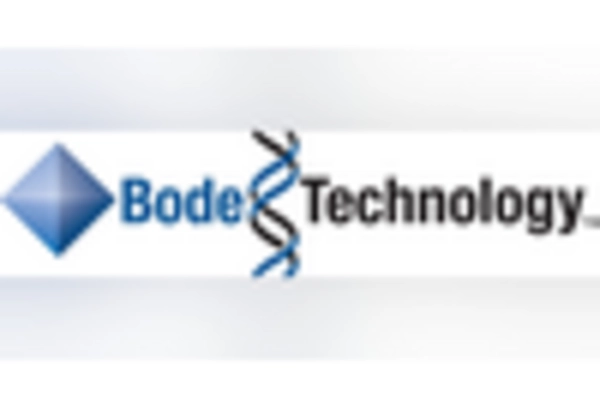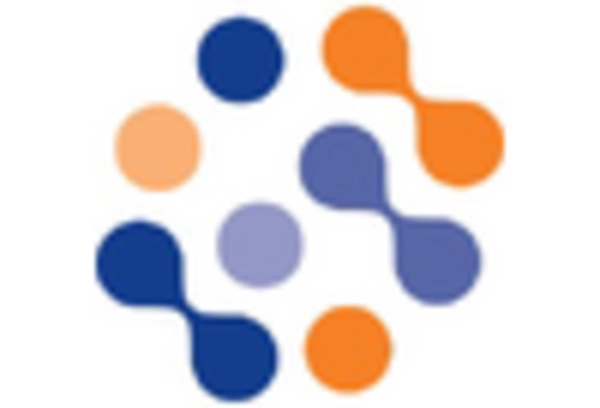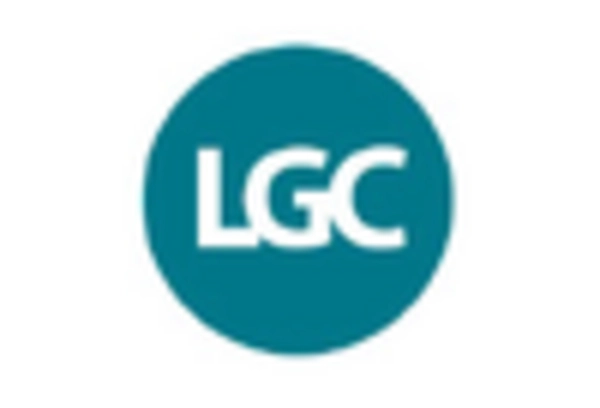Market Analysis
In-depth Analysis of DNA Forensics Market Industry Landscape
Advances in forensic science, increased use of DNA analysis in criminal investigations, and a focus on precision and reliability in legal procedures drive the DNA forensics business. DNA forensics analyzes genetic material to identify people, establish relationships, and give crucial legal evidence. The advancement of DNA profiling technology, growing applications in numerous industries, and global focus on forensic skills drive market dynamics.
The growing use of DNA forensics in criminal investigations and legal proceedings drives market dynamics. Criminal justice relies on DNA analysis to identify suspects, link people to crime scenes, and exonerate the innocent. The DNA forensics market has grown due to law enforcement and legal professionals' growing use of DNA profiling technologies.
Advanced DNA profiling technology affects market dynamics. Recent advances in sequencing, automation, and analysis improve DNA forensics efficiency and precision. NGS, rapid DNA analysis, and modern database management systems have revolutionized genomic profiling, making it faster and more complete. Manufacturers develop cutting-edge DNA forensics technologies for forensic labs and investigators.
Expanding DNA forensics applications beyond criminal investigations impact market dynamics. DNA profiling in paternity testing, ancestry, disaster victim identification, and animal conservation has expanded the industry. DNA analysis technologies are versatile and useful in many fields, driving industry growth and R&D.
DNA forensics competition is characterized by technological differentiation and partnerships. Companies produce DNA analysis systems with better sensitivity, multiplexing, and fast turnaround times. Forensic laboratories, research institutes, and technology companies collaborate to standardize protocols, quality assurance, and industry best practices.
The regulatory environment for forensic DNA analysis affects market dynamics. Quality standards, certification requirements, and legal frameworks affect DNA profiling technology validation and adoption in judicial procedures. DNA evidence manufacturers and forensic laboratories must comply with regulations to assure reliability and admissibility, affecting market access and competitiveness.
Public understanding and education regarding DNA forensics' capabilities and limits affect market dynamics. DNA analysis is more accepted in court and society as its accuracy and reliability are well understood. Educational programs by forensic groups, legal institutions, and media sources boost DNA forensics credibility.
Market dynamics are affected by economic factors like DNA forensics solution cost. Forensic labs and investigators consider equipment, consumables, and operational efficiency when calculating DNA analysis costs. DNA forensics technology manufacturers that are dependable and affordable can suit forensic specialists' and law enforcement organizations' needs.
Research and development drive DNA forensics technology innovation, which drives market dynamics. Companies investigate DNA profiling methods to improve sensitivity, speed up analysis, and broaden their use. Research drives industry trends, introducing improved DNA forensics technologies to solve growing concerns.


















Leave a Comment